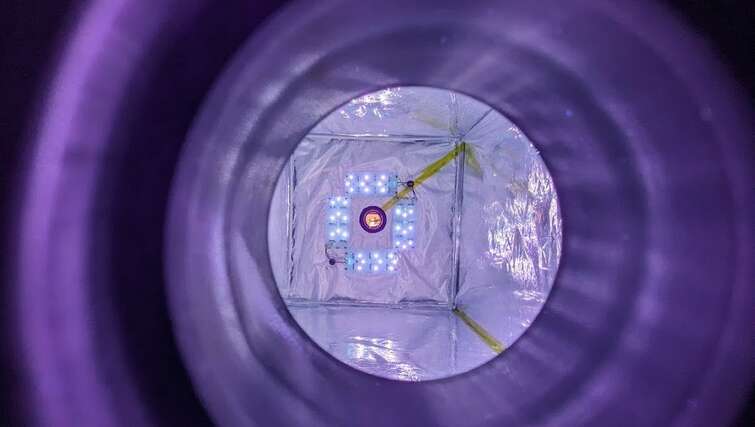
News about Technology
Viser 97 til 120 af 302 dokumenter.

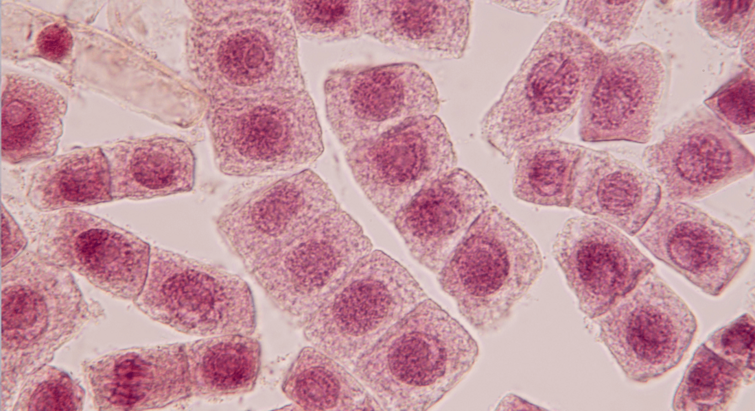
Secrets of cell division revealed by cutting-edge imaging technique
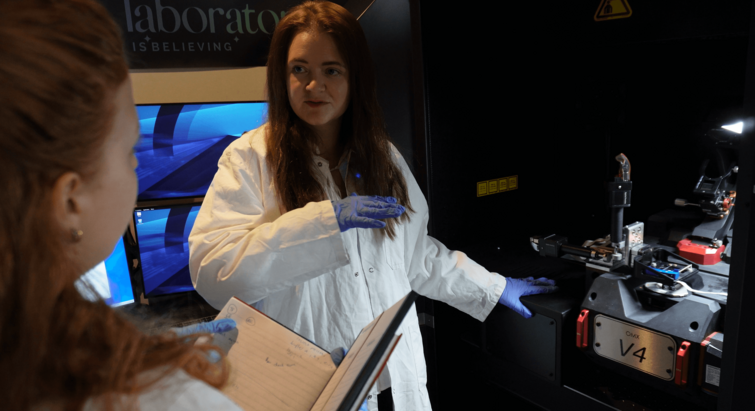
BRIC Pioneers Advanced Imaging Technology in Denmark
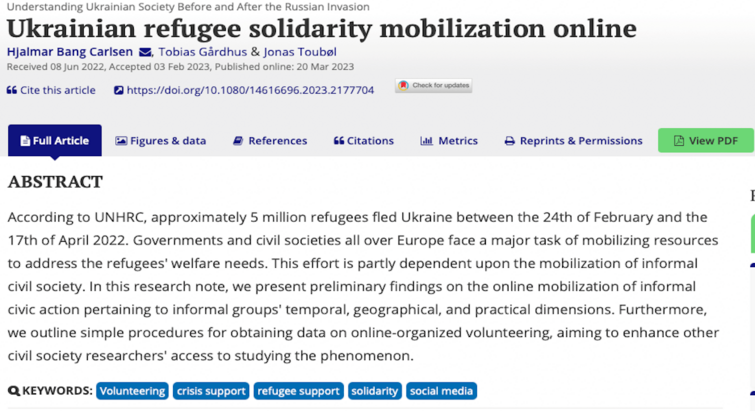
DISTRACT research note: "Ukrainian refugee solidarity mobilization online"
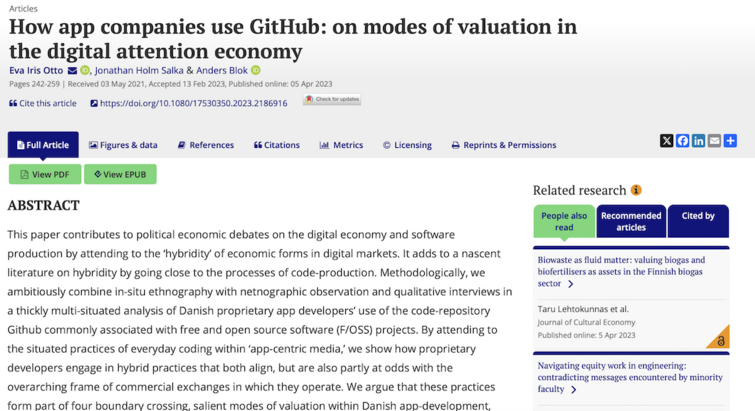
DISTRACT article: "How app companies use GitHub: on modes of valuation in the digital attention economy"
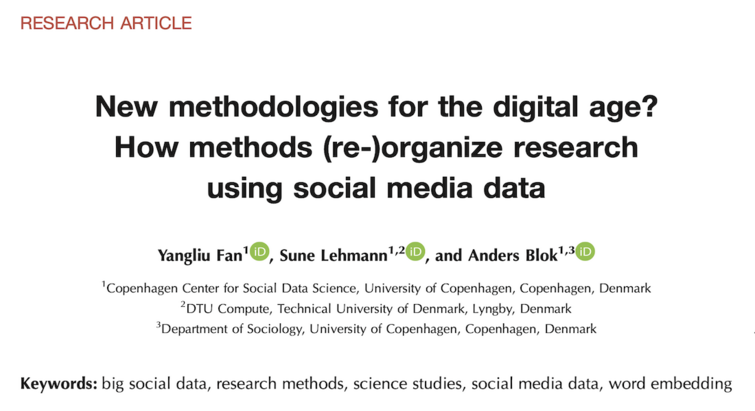
New article: "New methodologies for the digital age? How methods (re-)organize research using social media data"

Impact of contaminated biological material in animals' health and in research data

New season of the Privacy Studies Podcast

Homecoming: Experienced Professor in Computer Systems is back at DIKU

Professor Pernille Bjørn Recognized as Distinguished Member of ACM
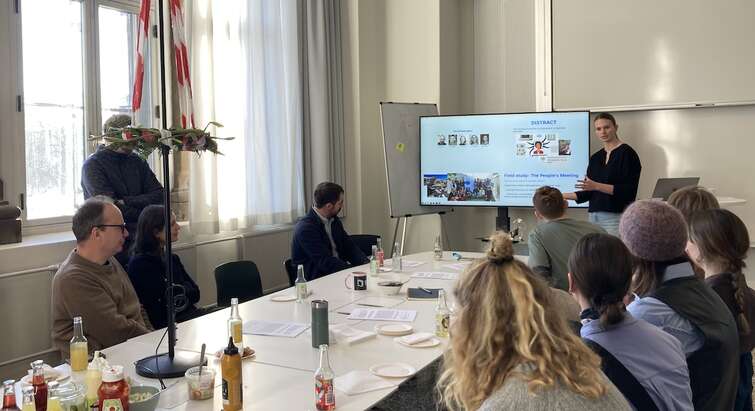
Ethnote's rejsegilde
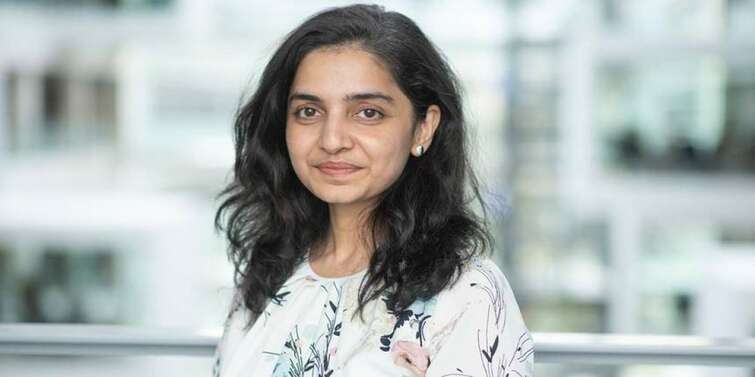
Nutan Limaye receives prestigious ACM award
BARC welcomes a new Associate Professor

CMS Researcher Tobias Liebetrau publishes new article in Journal of Cyber Policy
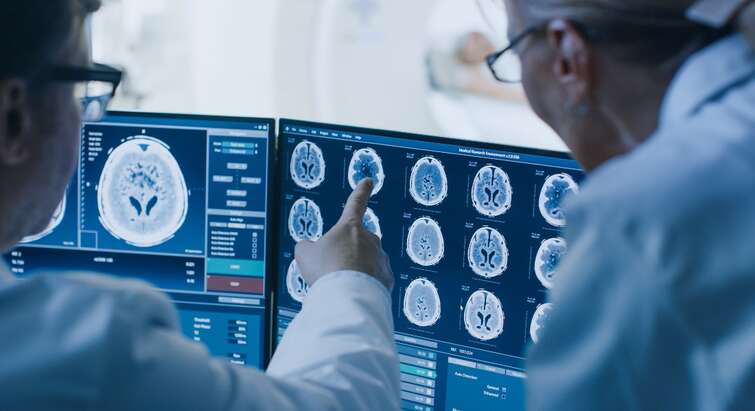
Computer scientists makes noisy data: Can improve treatments in health care

Artificial Intelligence and Privacy: Causes for Concern. Video from the PRIVACY Challenge Seminar with Mateusz Jurewicz.

New study pinpoints the weaknesses in AI
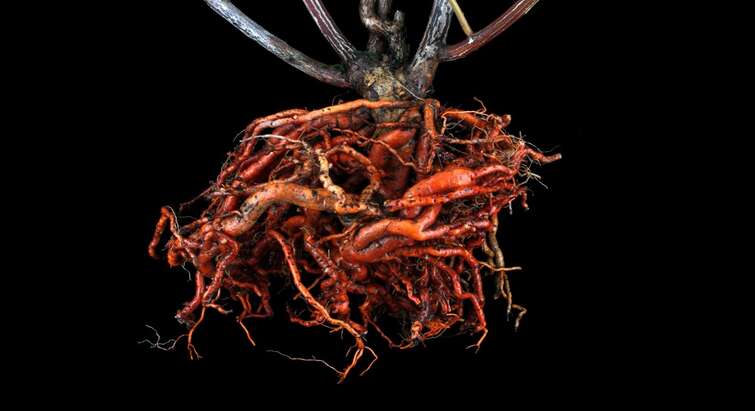
Breakthrough: Weight loss drug from highly toxic plant can now be produced in yeast

Breakthrough: Weight loss drug from highly toxic plant can now be produced in yeast
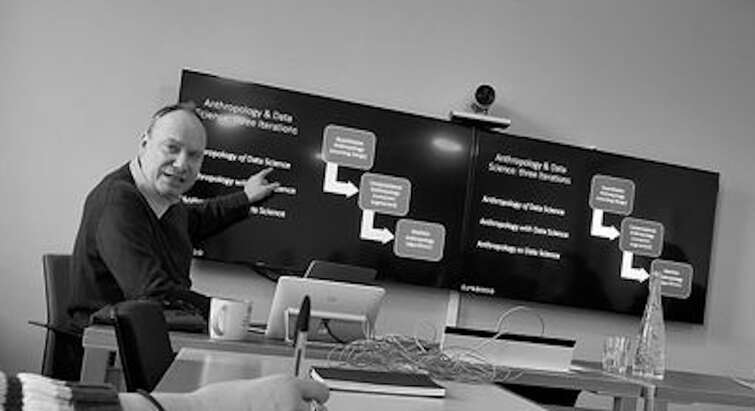
Morten Axel Pedersen gave talk at the research seminar in Cultural Anthropology at Uppsala University

Tenure-track Assistant Professor position
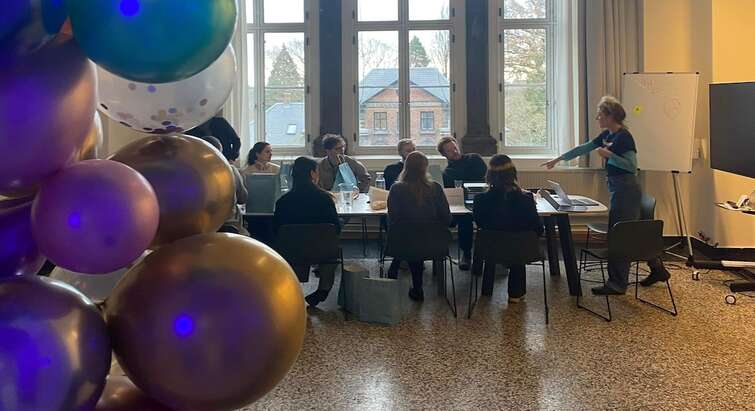
Ethnote test-event held at SODAS

New Faces 2023
